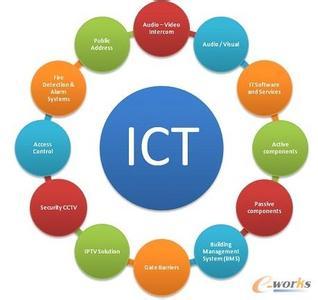The impact of information and communication technologies (ICT) on global energy consumption is increasing every year, and the consumption of equipment for telecommunications accounts for a significant portion of it. Specifically, more than 50\% of the total energy consumption of ICT is issued from the radio access networks (RANs), due mainly to the rapid penetration of data-intensive applications and the increasing heterogeneity, dynamicity, and unpredictability of traffic. To tackle these high-demanding problems, RAN densification through the installation of additional base stations (BSs) in high demand areas is conventionally used. However, this leads to inefficient energy use and over-provisioning issues. To increase the energy efficiency and mitigate the environmental effects of the RANs, various techniques such as sleep scheduling and cell switch-off have been widely studied in the literature. However, their practical use remains questionable. In this context, high altitude platform stations (HAPS) emerged as a novel paradigm-shift recently. HAPS may be used to complement RANs and sustain their services in densely populated areas, where traffic can peak unpredictably. Due to their wide coverage areas, substantial communication payloads, and green energy model, HAPS super macro base stations (SMBSs) are capable of handling the massive and dynamic mobile data traffic of ground users. In this paper, we show how HAPS-SMBSs can complement RANs and serve the dynamic and unpredictable traffic demands of users in an energy efficient manner. Through the simulation of a case study, we demonstrate the superior performance of a HAPS-SMBS compared to the conventional RAN densification method in addition to its advantages of being environmentally friendly and socially acceptable.
翻译:信息和通信技术(信通技术)对全球能源消费的影响每年都在增加,而电信设备消耗量占其相当大一部分,具体来说,通过在高需求地区安装更多的基站(BS),使RAN密度增加,但是,这导致能源使用效率低和供应过量问题。为了提高RAN的能源使用效率并减轻其对环境的影响,在文献中广泛研究了诸如睡眠时间安排和手机开关等各种技术,但实际使用情况仍然值得怀疑。在这方面,高空平台最近成为新的范式转变。HAPS可以用来补充RAN,在人口稠密地区维持其服务,因为在那里交通量可以不易增加。由于这些技术覆盖范围广,对RANS的能源使用效率,减轻了RAN的能源消耗效率,减轻了RAN的能源消耗效率,在RANSBS用户的高度通信效率水平上,在HAS的动态数据库中,我们利用了一种高水平水平的SMSBS数据模型。



